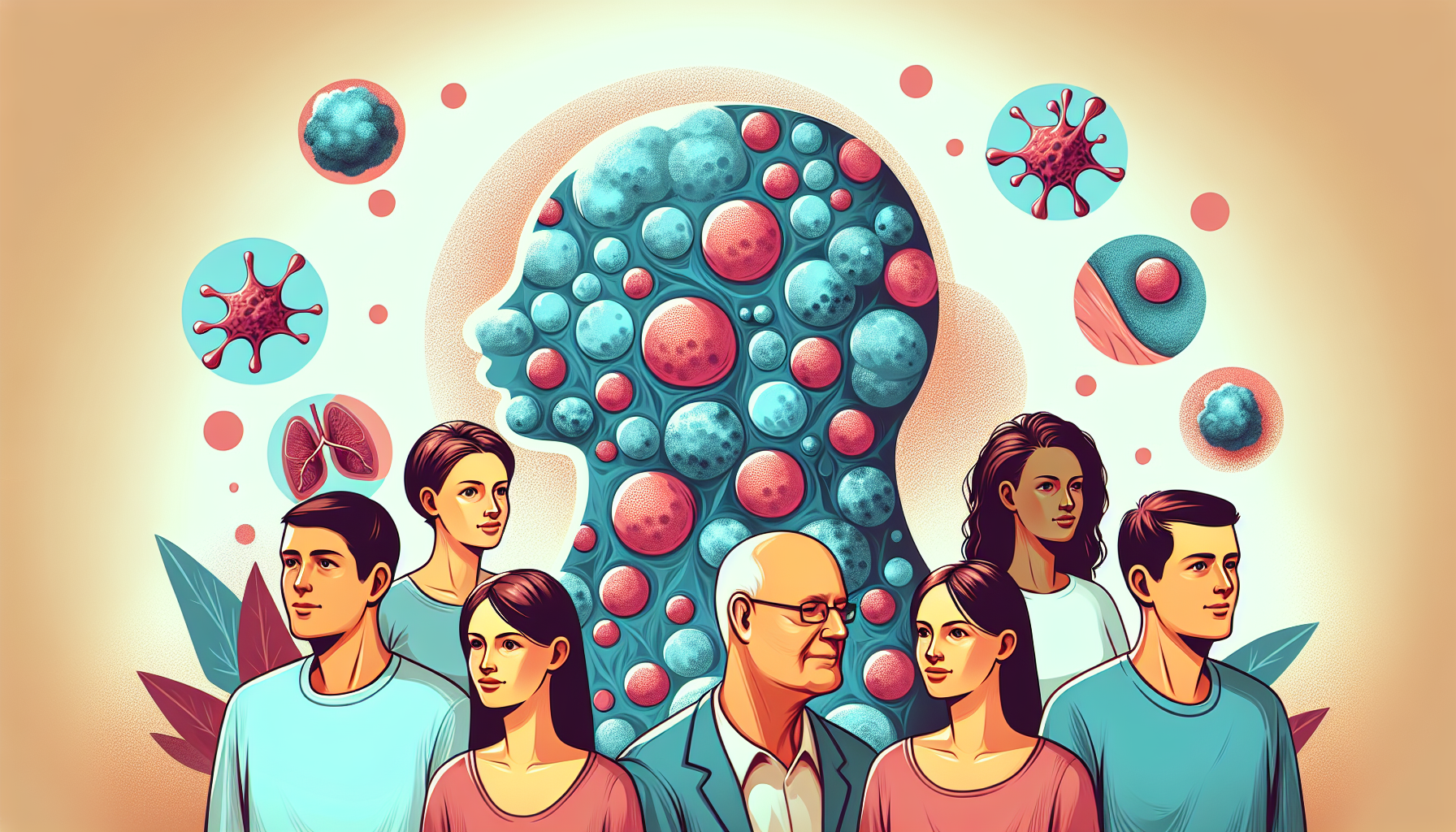Swollen lymph nodes, also known as lymphadenopathy or swollen glands, are a common sign that your body is fighting off an infection or illness. These round, bean-shaped glands are part of your lymphatic system, which helps protect you from harmful germs. When your lymph nodes become swollen, it's usually nothing to worry about, but in some cases, it can be a sign of a more serious condition.
What Causes Swollen Lymph Nodes?
Lymph nodes contain immune cells called lymphocytes that attack bacteria, viruses, and other harmful substances. When you're fighting off an infection or illness, your body produces more of these cells, causing the lymph nodes to swell. Some common causes of swollen lymph nodes include:
Viral infections, such as the common cold or flu
Bacterial infections, such as strep throat or a skin infection
Immune system disorders, such as lupus or rheumatoid arthritis
Certain types of cancer, such as lymphoma or leukemia
Symptoms of Swollen Lymph Nodes
The most common symptoms of swollen lymph nodes include:
Tender or painful lumps under the skin, often in the neck, armpits, or groin area
Lymph nodes that are larger than usual (about the size of a kidney bean or larger)
Other symptoms related to the underlying infection or illness, such as a runny nose, sore throat, or fever
When to See a Doctor
In most cases, swollen lymph nodes will go away on their own once the underlying infection or illness has cleared up. However, you should see a doctor if you experience any of the following:
Lymph nodes that are severely swollen or continue to grow rapidly
Lymph nodes that feel hard or don't move when you push on them
Swelling that lasts for more than a few weeks
Swelling accompanied by other symptoms, such as night sweats, unexplained weight loss, or a persistent fever
Diagnosing Swollen Lymph Nodes
To diagnose the cause of your swollen lymph nodes, your doctor may recommend one or more of the following tests:
Blood tests to check for infections or other underlying conditions
Imaging tests, such as an ultrasound, X-ray, or CT scan, to get a better look at the affected lymph nodes
A biopsy, in which a small sample of tissue is removed from a lymph node for further testing
Treatment Options for Swollen Lymph Nodes
Treatment for swollen lymph nodes depends on the underlying cause. Some common treatment options include:
Antibiotics for bacterial infections
Over-the-counter pain relievers and warm compresses to ease discomfort
Medications to help with inflammation in cases of immune system disorders
Surgery, radiation therapy, or chemotherapy for certain types of cancer
In most cases, swollen lymph nodes are nothing to worry about and will go away on their own with time and rest. However, if you have any concerns or your symptoms persist, don't hesitate to talk to your doctor. They can help determine the underlying cause and recommend the best course of treatment for your individual needs.
For more information on swollen lymph nodes and related topics, check out these reputable sources:
The Bottom Line
Most enlarged nodes are benign immune responses that resolve within two weeks with supportive care, but persistent, hard, or rapidly growing nodes warrant prompt medical evaluation. Monitor size and mobility while using warm compresses and anti-inflammatory medications for symptom relief. If you're concerned about persistent node enlargement or accompanying symptoms, Doctronic can help you assess whether medical attention is needed.



